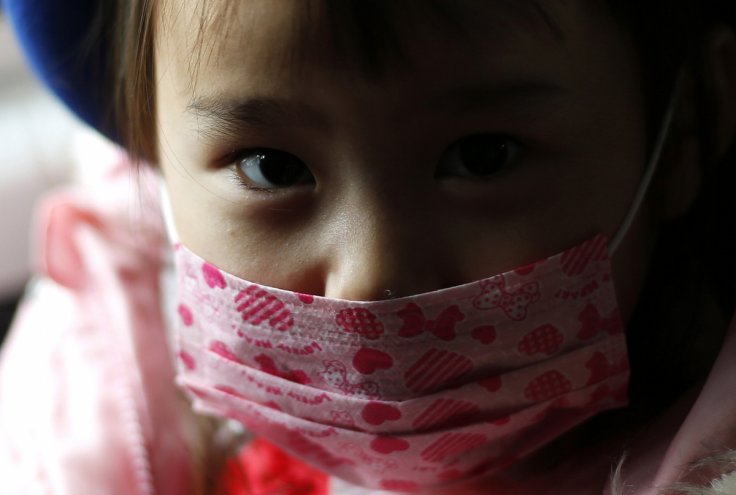A US Navy official revealed that the Sixth Fleet is on a 14-day self-quarantine between port visits in Europe amid COVID-19 outbreak while another report stated that some 30 people are now under self-quarantine in Ventura and Santa Barbara counties to protect themselves from the coronavirus.
What's this self-quarantine? Essentially, it is when you are affected by the new Coronavirus but symptoms are not explicit but tests are positive. So, you are a potential carrier of the virus and without your knowledge, it may spread from you to others either in the family, work place or public places. Here are some early measures you can follow to self-quarantine:
What is self-quarantine?
The self-quarantine process begins with separation of the people affected with virus but not showing symptoms of COVID-19. They have to stay at home and monitor themselves for any potential signs of the infection such as coughing, fever, chills or muscle aches. It runs for at least 14 days, and people under self-quarantine need to check the body temperature in the morning and evening and report it to the doctor.
During the period of self-quarantine, people are not allowed to go to work and schools and need to avoid social gatherings or visit any public places. The person who is self-quarantined must stay in a well-ventilated room, but spending time with any friend or family during this period is a big "NO." A possible victim of the Coronavirus, who is living with others, should sleep alone in a separate room while undergoing self-quarantine.
But such a separation could make the situation worse if the person has a history of mental health issues. It should be mentioned that especially the stress of isolation can be difficult for those with depression or anxiety.

Things to follow during self- quarantine
The suspected victim must use his/ her own bathroom. But if the person is sharing the place with others then it is extremely important to clean the bathroom with disinfectants that contain at least 60-90 percent alcohol or bleach-based cleaning solutions.
People should also wash their hands with soap and water for at least 20 seconds during self- quarantine period and must avoid touching the mouth, nose as well as eyes.
They should use personal towels, which should be washed in hot water, own dishes, drinking glasses and all eating utensils. In terms of meal delivery, the food should be left at the outside of the self-quarantined person's door.
Washing the hands should be on the checklist as the germs can survive for several hours on a hard surface. So whenever a person touches keyboard, mouse, refrigerator handles, phone, doorknobs or any other hard surface he/ she should wash both the hands without any fail.
During these 14 days, people are not allowed to shake hands or kiss or make sexual contact with anyone.
Wearing a mask necessary?
People who are ideal candidates for "self-quarantine" include young, healthy persons with no history of pre-existing lung disease or known heart disease, as well as chest pain, difficulty in breathing and other vital signs.
However, most of the time people ask whether they should wear a mask or not. In this case, if a person is under self-quarantine, then they don't have to wear a mask at home until they develop coughing or get a fever and share the place with other persons.
Some people also raised questions on wearing a medical face mask but Dr William Schaffner, an infectious disease specialist at Vanderbilt University in Tennessee told Live Science that a regular surgical face mask cannot help people from getting affected by the new Coronavirus. A more specialized mask, known as an N95 respirator can only protect users from COVID-19.









